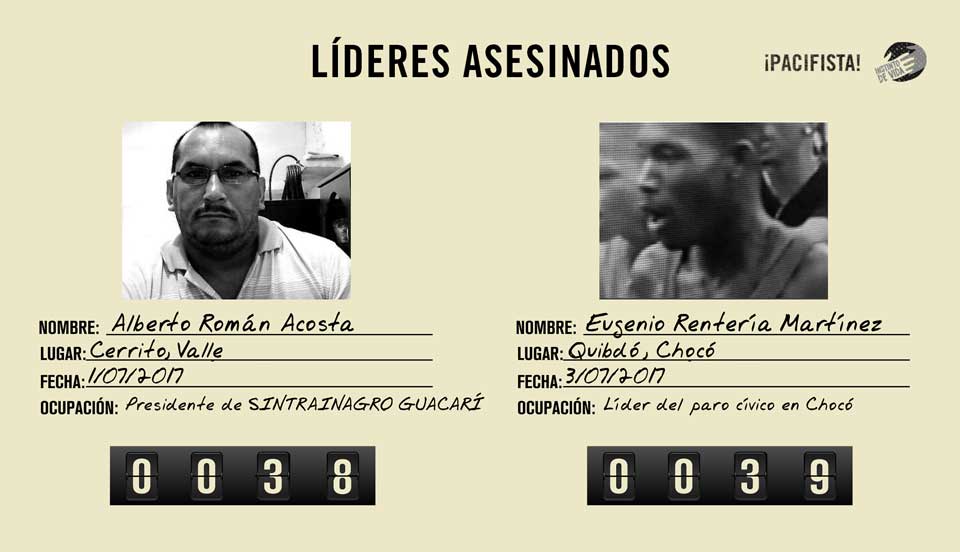Katie Jacoby takes a look at the multi-faceted Colombian Spanish term juicioso, which doesn’t translate in the way you might think
When I came to Colombia in 2009, I arrived thinking that I had a pretty solid grip on Spanish. Oh sure, there were words I didn’t know, but I was certain that all my years of studying the language in school would be enough to confer me high intermediate or even low advanced status. How naive I was.
In fact, I was seriously deficient in actual interaction with native speakers. This meant two things: I couldn’t speak in a way that came even close to sounding natural, and my ability to understand native speakers was even more abysmal. My inflated self-confidence took a dramatic nosedive.
Today’s word marked one of those crushing moments when reality began to sink in. One of those words that hammered home the depressing verdict that maybe I wasn’t such a Spanish hotshot after all. Maybe my Spanish was terrible. Now what?
It was my first weekend in Colombia, and I was at the house of some relatives of the family I was living with. An uncle, Orlando, jovial as ever, greeted me by saying something to the effect of:
¿Qué más, mi niña? ¿Juiciosa?
And I said, what?
¿Juiciosa?
WHAT?
¿Juiciosa?
The meaningless syllables mercilessly ricocheted around in my brain, only for me to come up empty. It was pitiful. Later that night, I turned to the dictionary for guidance. Now, the dictionary will tell you that juicioso means judicious.
In Colombia, however, juicioso is used to mean hardworking, well-behaved, and responsible. As you can imagine, it’s often used to tell children to be good or to describe someone’s work ethic. It’s also frequently used in a less straightforward way to ask if someone’s been working hard recently or been a “good boy” or “good girl,” i.e., kept out of trouble. The noun form juicio is also used.
 ¿Qué más? ¿Cómo te ha ido? ¿Juiciosa? – Ah, pues, bien, gracias a Dios. Sí, claro, muy juiciosa con mis estudios.
¿Qué más? ¿Cómo te ha ido? ¿Juiciosa? – Ah, pues, bien, gracias a Dios. Sí, claro, muy juiciosa con mis estudios.
How’s it going? What have you been up to lately? Staying out of trouble? – Oh, you know. Pretty good. Busy with school stuff.
¿Qué más? ¿Qué hace? – No, por acá juicioso en el trabajo.
How’s it going? What’s going on? – Just working hard over here.
¿Así que al fin no fuiste a la fiesta? – No, me quedé en casa cuidando a mis hermanos. – Ah, ¡tan juicioso!
So, you didn’t end up going to the party? – No, I stayed home to babysit my little brothers. – Well, aren’t you responsible?!
When you notice your friend who’s typically a lazybones knocking himself out being responsible, use this word to highlight your incredulousness.
Uy, ¿y ese juicio? (said disbelievingly) – No, hoy me dio por asear la casa.
Well, check you out! Mr. Responsible! – Nah, I just felt like cleaning the house today.
As I mentioned above, it’s common to hear a parent or teacher use juicioso or juicio with children.
Hoy se quedan con la abuela, así que por favor pórtense juiciosos y me le hagan caso.
You’re staying with grandma today, so be good and do what she says.
Ojo, pues, mucho juicio.
Behave yourself!
I consider juicioso a sort of muletilla in greetings, one of those filler words that usually doesn’t mean very much at all. Are your friends really interested in checking to make sure you haven’t been up to mischief? Would anyone ever confess to not being juicioso lately? The asker is looking for an affirmative answer, so make sure you give them one, simultaneously confirming for them why they think so highly of you. A win-win.
Katie Jacoby is a Spanish-English translator and has been in Colombia for 2.5 years. Feel free to leave her a comment or ideas for future columns on her language website, vocabat.com.




